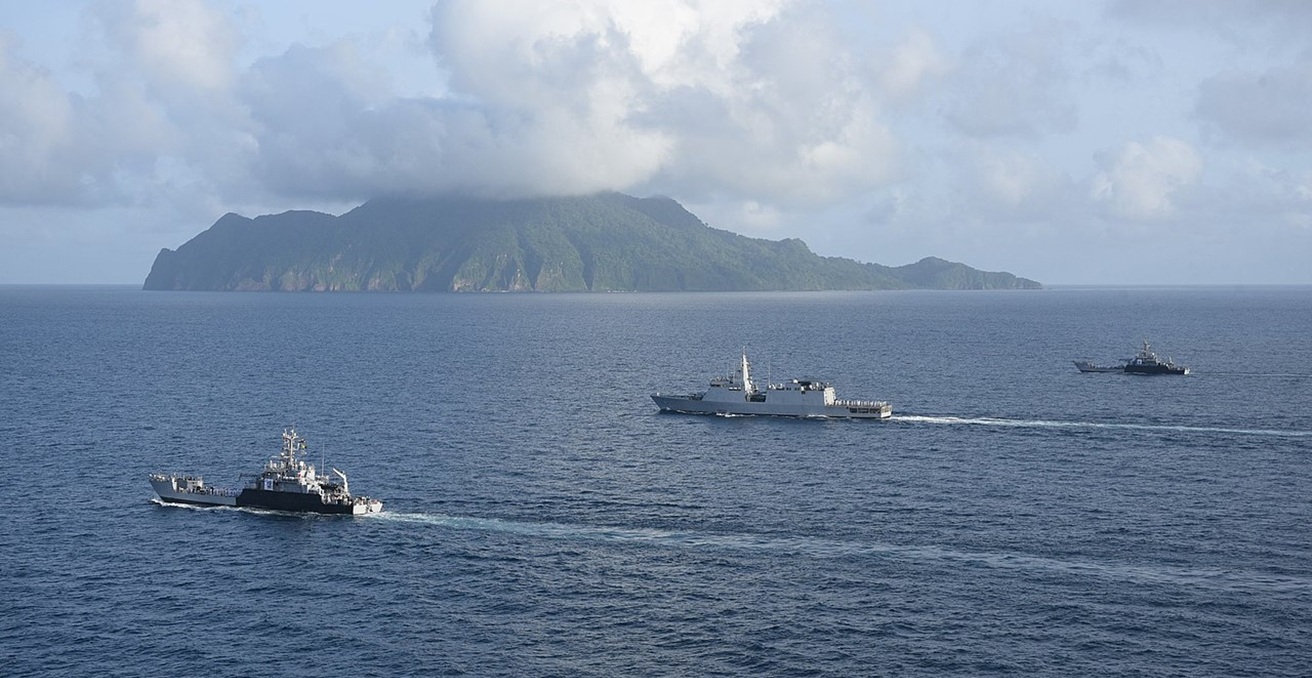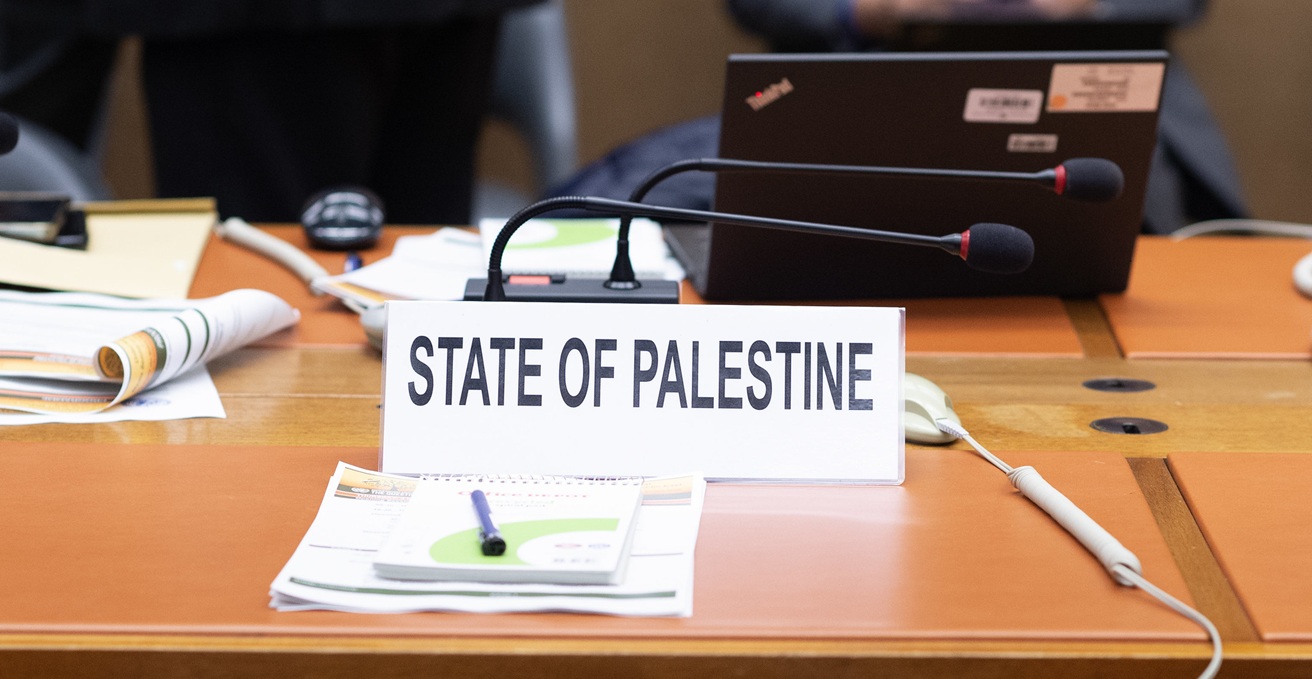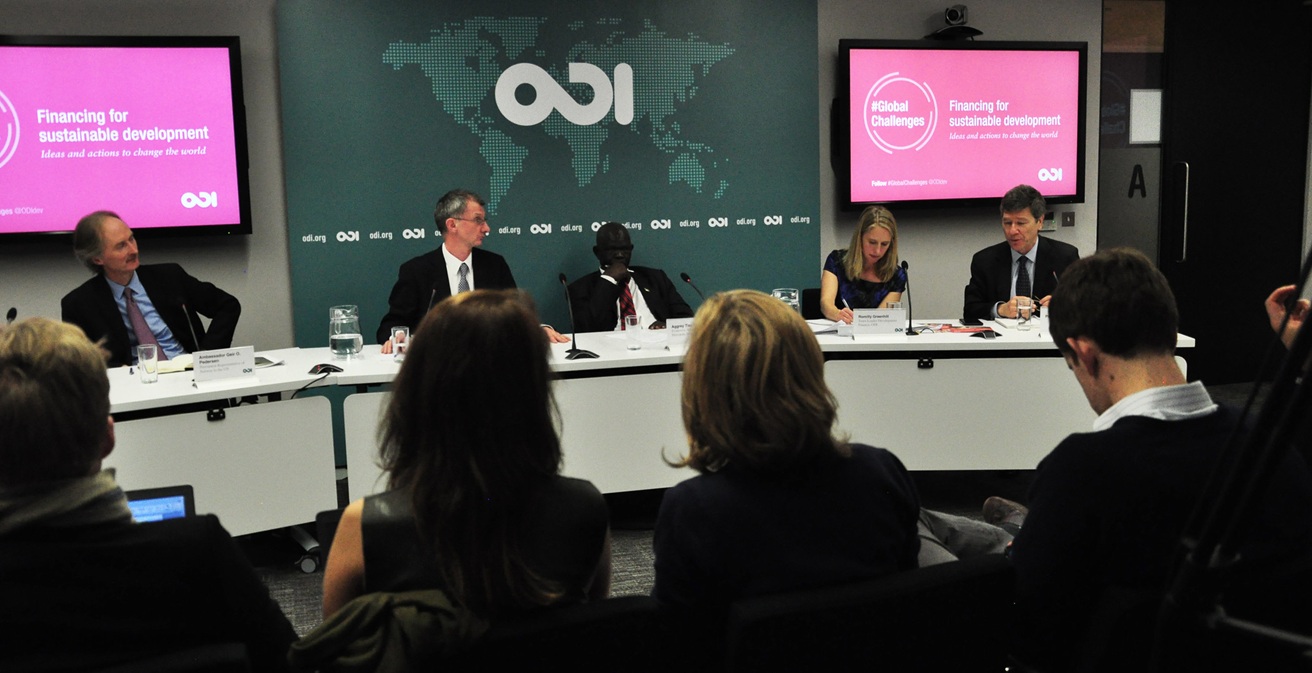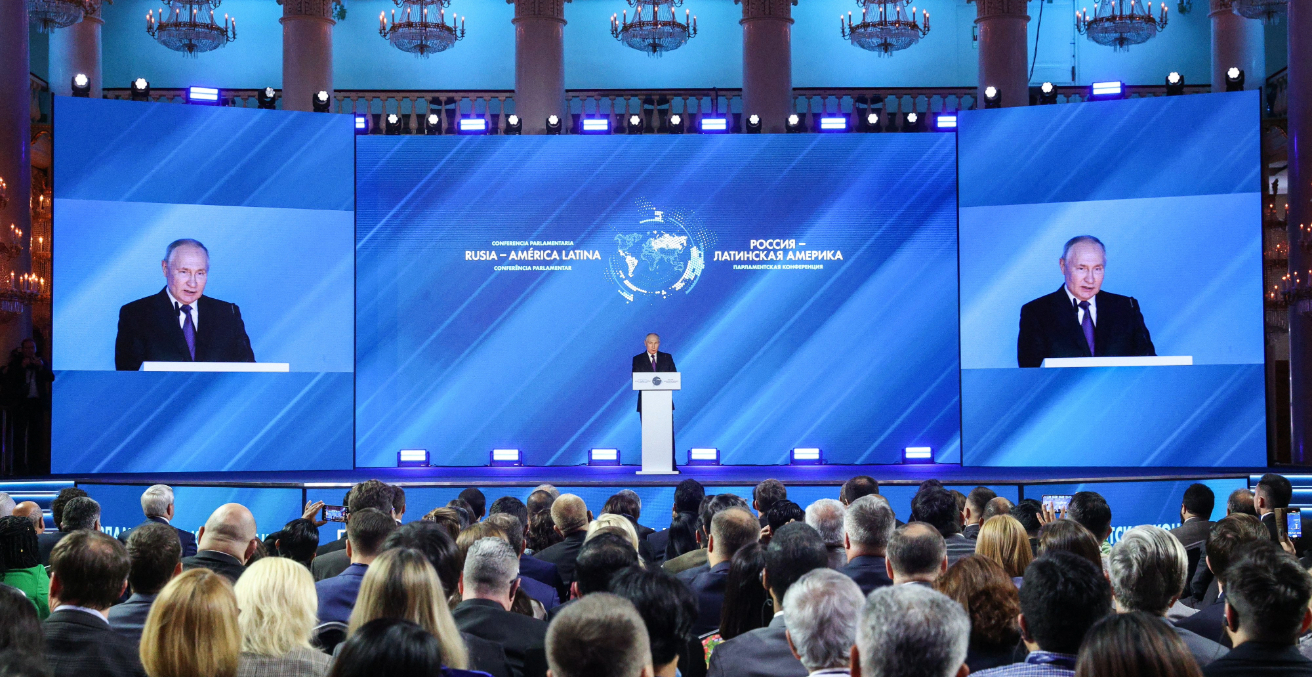As the UN Ocean Conference takes place, India’s active role in the Blue Talks reflects a maritime agenda shaped by sustainability, innovation, and Global South priorities. These dialogues highlight India’s effort to craft a more inclusive and solutions-oriented Indo-Pacific maritime vision.
On 20 May, India hosted the Second Blue Talks in New Delhi, a high-level dialogue ahead of the current United Nations Ocean Conference (UNOC3) in Nice, France. The event brought together Indian policymakers, scientists, diplomats, and international observers, with one standout moment: the launch of India’s new white paper, “Transforming India’s Blue Economy: Investment, Innovation and Sustainable Growth.”
Over the past decade, India has steadily expanded its maritime agenda through initiatives like the SAGAR (Security and Growth for All in the Region) and the Deep Ocean Mission, which signals a shift from fragmented sectoral approaches to more integrated, policy-driven maritime management. While the first edition of the Blue Talks, held in 2024, established India’s normative commitment to ensure sustainable harnessing of marine resources, this second gathering moved the conversation toward actionable frameworks to achieve Sustainable Development Goal 14 (SDG 14), focusing on life below water.
Though framed within India’s national priorities, this initiative holds implications well beyond its shores. For the wider Indo-Pacific, India’s shift toward a structured, innovation-driven blue economy strategy charts a fresh course in the region’s maritime future that ties sustainability and development more tightly to regional stability.
Why the Indo-Pacific should pay attention
India’s latest maritime initiatives should not be read in isolation. Across the Indo-Pacific, we are seeing a broad reawakening to the strategic and economic weight of the ocean. While security arrangements like AUKUS, the Quad, and naval exercises often dominate headlines, there is rising awareness that economic resilience, environmental sustainability, and societal preparedness are just as vital to regional stability.
In this context, Australia offers an instructive parallel. In his recent 2025 Sir James Plimsoll Lecture at the University of Tasmania, Professor Rory Medcalf, a key figure in shaping Australia’s Indo-Pacific outlook, argued for a frank, inclusive, and nationwide conversation on national security, warning that “…we need a new national mindset…A mindset that recognises that preparing for shocks is an essential part of deterring them—and of withstanding them if they occur.”
The Indo-Pacific has long been defined by its security tensions, from freedom of navigation in the South China Sea to competition over critical sea lanes. But maritime governance is no longer just about naval power or strategic alignments. It also includes the “softer” but equally critical domains of ocean sustainability, blue innovation, climate resilience, and equitable coastal development.
India’s white paper lays out an ambitious framework: aligning 25 ministries and coastal states under a unified strategy, addressing hurdles like data gaps, weak private investment, and offshore renewable energy development, and scaling up community-driven models such as women-led seaweed farming and green port innovation. As one of the Indo-Pacific’s largest coastal states, how India manages its blue economy will ripple across the region. Effective and sustainable ocean governance will shape trade flows, regional climate outcomes, and access to marine resources—issues central to the well-being of many Indo-Pacific nations, from small island states to larger coastal economies like Australia, Indonesia, and Japan.
New currents in regional maritime dynamics
India’s push comes at a time when the Indo-Pacific maritime space is undergoing a subtle realignment. Economic and environmental cooperation are increasingly recognised as essential pillars of long-term regional stability. Within this scope, India’s emerging leadership in the blue economy creates space for engagement on non-traditional maritime issues, such as sustainable fisheries, marine pollution, offshore renewable energy, and maritime infrastructure. These are not typically addressed in high-level security forums, but are central to the developmental priorities of many coastal and island nations. India engages through platforms like the Indo-Pacific Oceans Initiative (IPOI), the Indian Ocean Rim Association (IORA), and BIMSTEC, which allow for collaboration on marine ecology, technology sharing, disaster resilience, and capacity-building. These initiatives also raise the possibility of crafting a more inclusive maritime agenda that amplifies the voices of Global South nations often left out of strategic dialogues dominated by traditional security concerns.
By anchoring its maritime ambitions in sustainable development and innovation, India positions itself both as a security partner and as a driver of regional solutions for ocean health, climate adaptation, and equitable growth. This approach complements existing Indo-Pacific initiatives, such as the IPOI, the ASEAN Outlook on the Indo-Pacific (AOIP), the Quad Working Groups, and IORA’s Blue Economy agenda, which increasingly prioritise marine ecology, infrastructure connectivity, and climate resilience. Together, these frameworks present new opportunities for cross-border collaboration, built upon shared interests.
Looking ahead
For the Indo-Pacific, the question is how to translate India’s blue economy vision into meaningful regional cooperation. There are practical avenues: joint research on marine ecosystems, collaborative innovation in renewable offshore energy, harmonised standards for green ports, or capacity-building initiatives for small coastal and island states.
However, aligning national interests, ensuring environmental safeguards, and overcoming technological disparities will require sustained diplomatic effort. Regional forums, whether ASEAN or the Indian Ocean Rim Association, could play a substantial role in creating platforms where these developmental and ecological conversations gain as much weight as security talks.
As India charts a pragmatic and innovation-driven course for its blue economy, the broader Indo-Pacific stands at a crossroads. The region’s shared maritime challenges, which range from environmental degradation to technological gaps, demand both national resolve and robust multilateral collaboration. Initiatives like the Quad create the right space for synchronising some of these efforts in ocean governance, ensuring that investments in sustainable growth translate into shared regional resilience.
In this changing maritime landscape, India’s blue economy strategy offers a national roadmap and a concrete model for how regional actors can link economic development with environmental stewardship, and provides a tangible framework for advancing Indo-Pacific stability, sustainability, and shared prosperity.
Sanchari Ghosh is a PhD candidate at the Department of International Relations, Jadavpur University, Kolkata. Previously, she worked as a research assistant in a project entitled “Issues in Global South: Eastern perspectives,” funded by the Ministry of Human Resource Development, Government of India. Her research interests include India’s maritime strategy, the Indian Ocean, and the Indo-Pacific.
This article is published under a Creative Commons License and may be republished with attribution.





